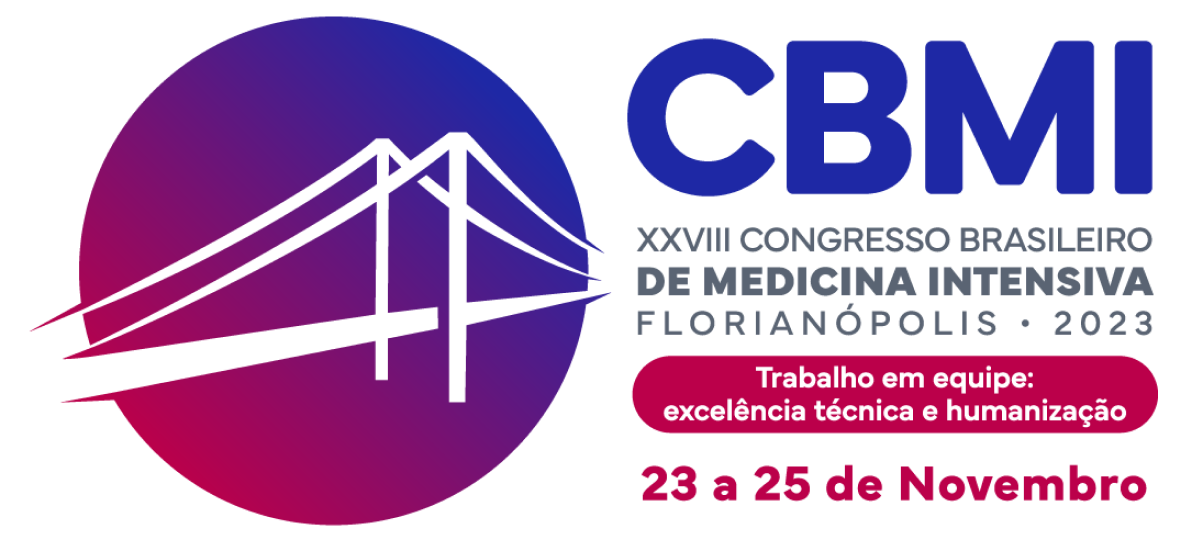Dados do Trabalho
Título
Impact of time span between hospital admission and Rapid Response Team activation in deteriorating ward patients on clinical outcomes
Objetivo
To address the impact of time span between hospital admission and rapid response team (RRT) activation to evaluate and treat deteriorating patients on the wards on resource utilization and clinical outcomes among patients admitted to the intensive care (ICU) or to the step-down unit (SDU).
Métodos
A retrospective cohort study conducted in a quaternary private hospital. All adult patients admitted to the ICU/SDU between 2012-2020 after RRT activation were categorized and analyzed according to the LOS prior RRT activation (<24h: “Early Group” and ≥24h “Late Group”). The primary outcome of interest was hospital mortality.
Resultados
3841 patients were included in this analysis [Early Group: 705 (18.35%) patients, Late Group: 3136 (81.65%) patients]. Patients in Late group were older [71 (53-84) vs. 65 (47-78) years; p<0.001], had a higher SAPS3 score [53 (44-61) vs. 45 (37-55) points; p<0.001], had a higher Charlson Comorbidity Index [2 (0-3) vs. 1 (0-2) points; p<0.001], had a higher frequency of RRT activation due to hypoxemia (32% vs. 25%; p<0.001) and altered conscious level (15% vs. 12%; p=0.029), received more noninvasive ventilation (27% vs. 16% vs; p<0.001), exhibited a longer hospital length of stay [16 (8-33) vs. 5 (3-11) days; p<0.001] and showed a higher hospital mortality [19% vs. 10%; OR 1.4 (1.1-1.9); p=0.018] compared to Early Group.
Conclusão
Patients with longer hospital stay prior to RRT activation have an increased chance of worse outcomes. Efforts should be made to improve an early clinical deterioration recognition on the wards.
Área
Gestão, Qualidade e Segurança
Autores
Vinicius Barbosa Galindo, Thais Dias Midega, Fabio Tanzillo Moreira, Eduardo José Paolinelli Vaz de Oliveira, Igor Dovorake Lourenço, Leonardo Van de Wiel Barros Urbano Andari, Ricardo Luiz Cordioli, Thiago Domingos Corrêa
